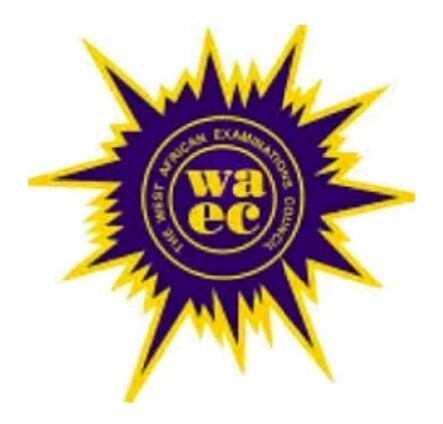Preparing for your WAEC Economics exam requires a solid study plan, and the first step is familiarizing yourself with the Economics syllabus.
The syllabus serves as a roadmap, outlining the aims, objectives, and topics you need to cover.
In this blog post, we will provide a simplified overview of the WAEC Economics syllabus, highlighting key concepts and offering recommended textbooks to aid your exam preparation.
WAEC Economics Syllabus:
-
Definition and Scope of Economics:
- Understand the concepts of scarcity and choice, scale of preference, and opportunity cost.
- Familiarize yourself with economic activities: production, distribution, and consumption.
- Learn about the classification of economic activities into primary, secondary, and tertiary sectors.
-
Factors of Production:
- Explore the meaning, characteristics, and importance of land, labor, capital, and entrepreneurship.
-
Types and Basic Features of Economic Systems:
- Understand the characteristics, advantages, and disadvantages of capitalism, socialism, and mixed economy.
- Gain insights into the economic problems faced by each system and their respective approaches to problem-solving.
-
Basic Tools of Economic Analysis:
- Learn how to interpret and use tables, graphs, and charts for economic analysis.
- Understand basic statistical measures such as arithmetic mean, median, and mode.
-
Demand:
- Comprehend the concept of demand, the law of demand, and demand schedules and curves.
- Explore factors influencing demand, such as price, income, tastes, and expectations.
- Gain knowledge of elasticity of demand and its types (price, income, and cross elasticity) and their measurements.
-
Supply:
- Familiarize yourself with the concept of supply, the law of supply, and supply schedules and curves.
- Understand factors determining supply, including input prices, technology, and prices of other commodities.
- Learn about elasticity of supply and its significance to producers and government.
-
Theory of Consumer Behaviour:
- Study utility concepts, such as total, average, and marginal utility, and their calculations.
- Understand the law of diminishing marginal utility and its relationship with consumer equilibrium.
- Explore how changes in price affect consumer equilibrium and the connection between marginal utility and the demand curve.
-
Theory of Price Determination:
- Grasp the concept of the market and the interaction between demand and supply.
- Learn about price determination under free and regulated markets.
- Understand equilibrium price and quantity and the effects of changes in supply and demand.
- Gain an introduction to algebraic determination of equilibrium price and quantity.
- Familiarize yourself with price controls, maximum and minimum price regulations, rationing, and the black market.
-
Theory of Production:
- Learn about production, division of labor, and specialization.
- Understand the scale of production, total, average, and marginal productivity, and the law of variable proportions.
-
Theory of Cost and Revenue:
- Gain knowledge of cost concepts, including total, average, marginal, variable, and fixed costs.
- Differentiate between economist’s and accountant’s view of cost, considering opportunity cost and money cost.
- Explore revenue concepts such as total, average, and marginal revenue.
Note: The syllabus continues with additional topics, but due to the space constraints of this blog post, we cannot cover them all. Refer to the complete syllabus for further details.
Recommended Textbooks for WAEC Economics:
- Aderinto, A.A et al. (1996) Economics: Exam Focus
- Black, J. (1997) Oxford Dictionary of Economics
- Fajana, F et al. (1999) Countdown to SSCE/JME Economics
- Lipsey, R.G. (1997) An Introduction to Positive Economics
- Udu E and Agu G.A. (2005) New System Economics: a Senior Secondary Course
Conclusion
Mastering Economics requires a systematic approach, and the WAEC Economics syllabus serves as a valuable tool for your exam preparation.
By following the syllabus and covering the outlined topics, you’ll develop a solid understanding of economic principles and concepts.
Additionally, make use of recommended textbooks to reinforce your knowledge and enhance your chances of success in the WAEC Economics examination.






